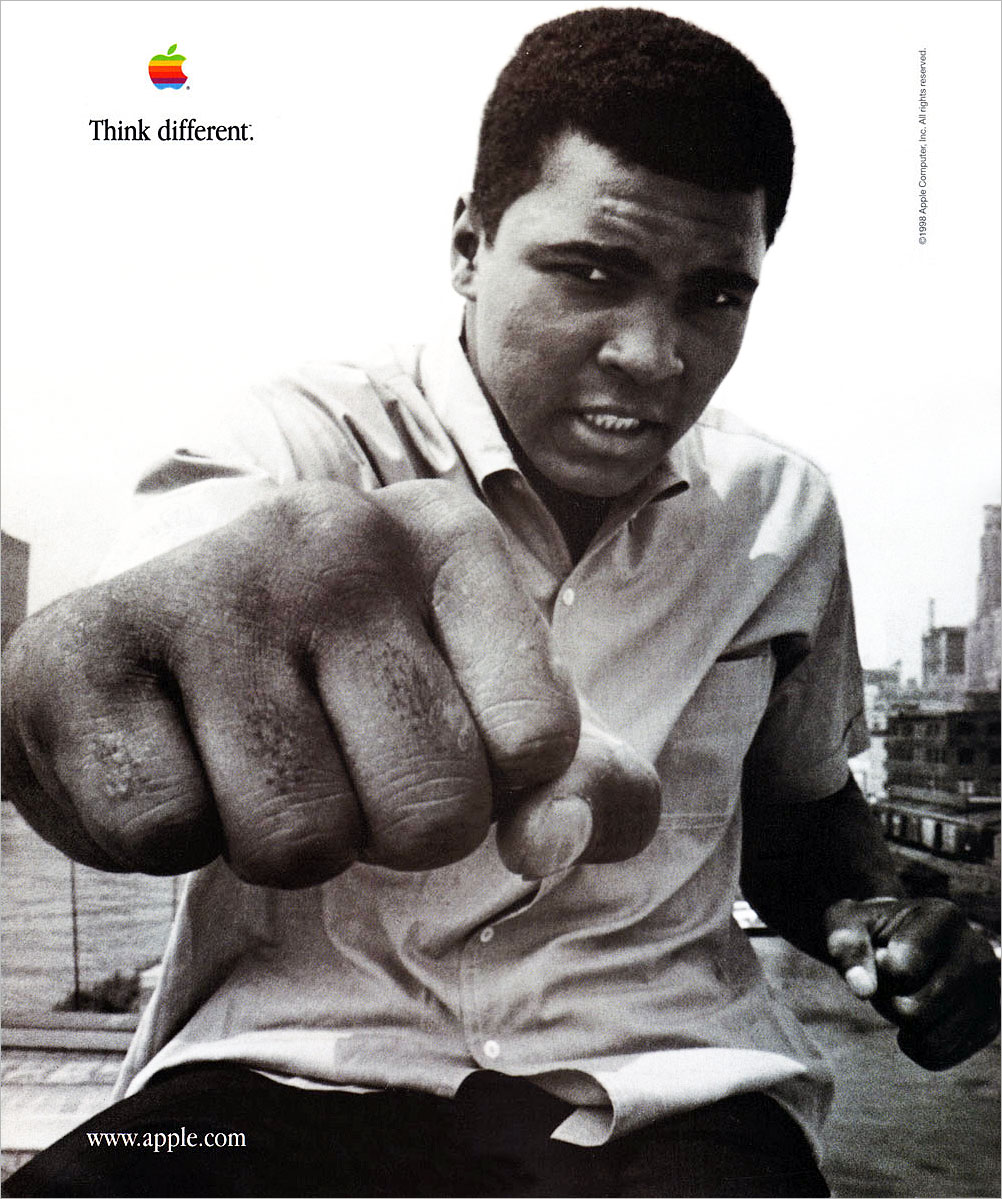Americans have always viewed technology (and anti-technology) in romantic terms. In a New Atlantis piece, Benjamin Storey argues that Alexis de Tocqueville didn’t give tech in the U.S. the short shrift but instead viewed it as a poetic impulse as much as an economic one. An excerpt:
“For Tocqueville, technology is not a set of morally neutral means employed by human beings to control our natural environment. Technology is an existential disposition intrinsically connected to the social conditions of modern democratic peoples in general and Americans in particular. On this view, to be an American democrat is to be a technological romantic. Nothing is so radical or difficult to moderate as a romantic passion, and the Americans Tocqueville observed accepted only frail and minimal restraints on their technophilia. We have long since broken many of those restraints in our quest to live up to our poetic self-image. Understanding the sources of our fascination with the technological dream, and the distance between that dream and technological reality, can help revitalize the sources of self-restraint that remain to us.
That Tocqueville presents much of his commentary on technology in the chapter of Democracy in America entitled ‘Of Some Sources of Poetry among Democratic Nations‘ already indicates why his analysis of technology has been less well received than his analysis of town government or the tyranny of the majority. What, after all, does technology have to do with poetry? Wouldn’t Tocqueville have done better to offer a systematic analysis of ‘the material bases of American life,’ in the manner of an economic or industrial historian, as Garry Wills suggests?
To see what exactly poetry has to do with technological progress, we must first seek to understand Tocqueville’s account of the nature of poetry and the human need for it. We must then turn to his account of the appeal of the poetry of technology to the psychic passions of democratic man. Finally, we must consider his analysis of why democratic peoples would take an argument about the hard facts of economics or industry more seriously as a mode of understanding the question of technology than his own reflections on poetry. By doing so, we can understand something about our typical mode of self-understanding and the distinctive kind of blindness to ourselves to which we are most prone.”

